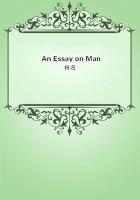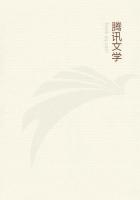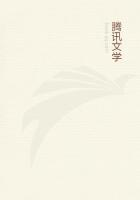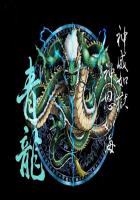Judge Methuen tells me that one of the most pleasing delusions he has experienced in his long and active career as a bibliomaniac is that which is born of the catalogue habit. Presuming that there are among my readers many laymen,--for I preach salvation to the heathen,--I will explain for their information that the catalogue habit, so called, is a practice to which the confirmed lover of books is likely to become addicted. It is a custom of many publishers and dealers to publish and to disseminate at certain periods lists of their wares, in the hope of thereby enticing readers to buy those wares.
By what means these crafty tradesmen secure the names of their prospective victims I cannot say, but this I know full well--that there seems not to be a book-lover on the face of the earth, Icare not how remote or how secret his habitation may be, that these dealers do not presently find him out and overwhelm him with their delightful temptations.
I have been told that among booksellers there exists a secret league which provides for the interchange of confidences; so that when a new customer enters a shop in the Fulham road or in Oxford street or along the quays of Paris, or it matters not where (so long as the object of his inquiry be a book), within the space of a month that man's name and place of residence are reported to and entered in the address list of every other bookseller in Christendom, and forthwith and forever after the catalogues and price-lists and bulletins of publishers and dealers in every part of the world are pelted at him through the unerring processes of the mails.
Judge Methuen has been a victim (a pleasant victim) to the catalogue habit for the last forty years, and he has declared that if all the catalogues sent to and read by him in that space of time were gathered together in a heap they would make a pile bigger than Pike's Peak, and a thousandfold more interesting. Imyself have been a famous reader of catalogues, and I can testify that the habit has possessed me of remarkable delusions, the most conspicuous of which is that which produces within me the conviction that a book is as good as mine as soon as I have met with its title in a catalogue, and set an X over against it in pencil.
I recall that on one occasion I was discussing with Judge Methuen and Dr. O'Rell the attempted escapes of Charles I. from Carisbrooke Castle; a point of difference having arisen, I said:
``Gentlemen, I will refer to Hillier's `Narrative,' and I doubt not that my argument will be sustained by that authority.''
It was vastly easier, however, to cite Hillier than it was to find him. For three days I searched in my library, and tumbled my books about in that confusion which results from undue eagerness; 't was all in vain; neither hide nor hair of the desired volume could I discover. It finally occurred to me that I must have lent the book to somebody, and then again I felt sure that it had been stolen.
No tidings of the missing volume came to me, and I had almost forgotten the incident when one evening (it was fully two years after my discussion with my cronies) I came upon, in one of the drawers of my oak chest, a Sotheran catalogue of May, 1871. By the merest chance I opened it, and as luck would have it, Iopened it at the very page upon which appeared this item:
``Hillier (G.) `Narrative of the Attempted Escapes of Charles the First from Carisbrooke Castle'; cr. 8vo, 1852, cloth, 3/6.''
Against this item appeared a cross in my chirography, and I saw at a glance that this was my long-lost Hillier! I had meant to buy it, and had marked it for purchase; but with the determination and that pencilled cross the transaction had ended.
Yet, having resolved to buy it had served me almost as effectively as though I had actually bought it; I thought--aye, Icould have sworn-- I HAD bought it, simply because I MEANT to buy it.
``The experience is not unique,'' said Judge Methuen, when Inarrated it to him at our next meeting. ``Speaking for myself, Ican say that it is a confirmed habit with me to mark certain items in catalogues which I read, and then to go my way in the pleasing conviction that they are actually mine.''
``I meet with cases of this character continually,'' said Dr.
O'Rell. ``The hallucination is one that is recognized as a specific one by pathologists; its cure is quickest effected by means of hypnotism. Within the last year a lady of beauty and refinement came to me in serious distress. She confided to me amid a copious effusion of tears that her husband was upon the verge of insanity. Her testimony was to the effect that the unfortunate man believed himself to be possessed of a large library, the fact being that the number of his books was limited to three hundred or thereabouts.
``Upon inquiry I learned that N. M. (for so I will call the victim of this delusion) made a practice of reading and of marking booksellers' catalogues; further investigation developed that N. M.'s great-uncle on his mother's side had invented a flying-machine that would not fly, and that a half-brother of his was the author of a pamphlet entitled `16 to 1; or the Poor Man's Vade-Mecum.'
`` `Madam,' said I, `it is clear to me that your husband is afflicted with catalogitis.'

